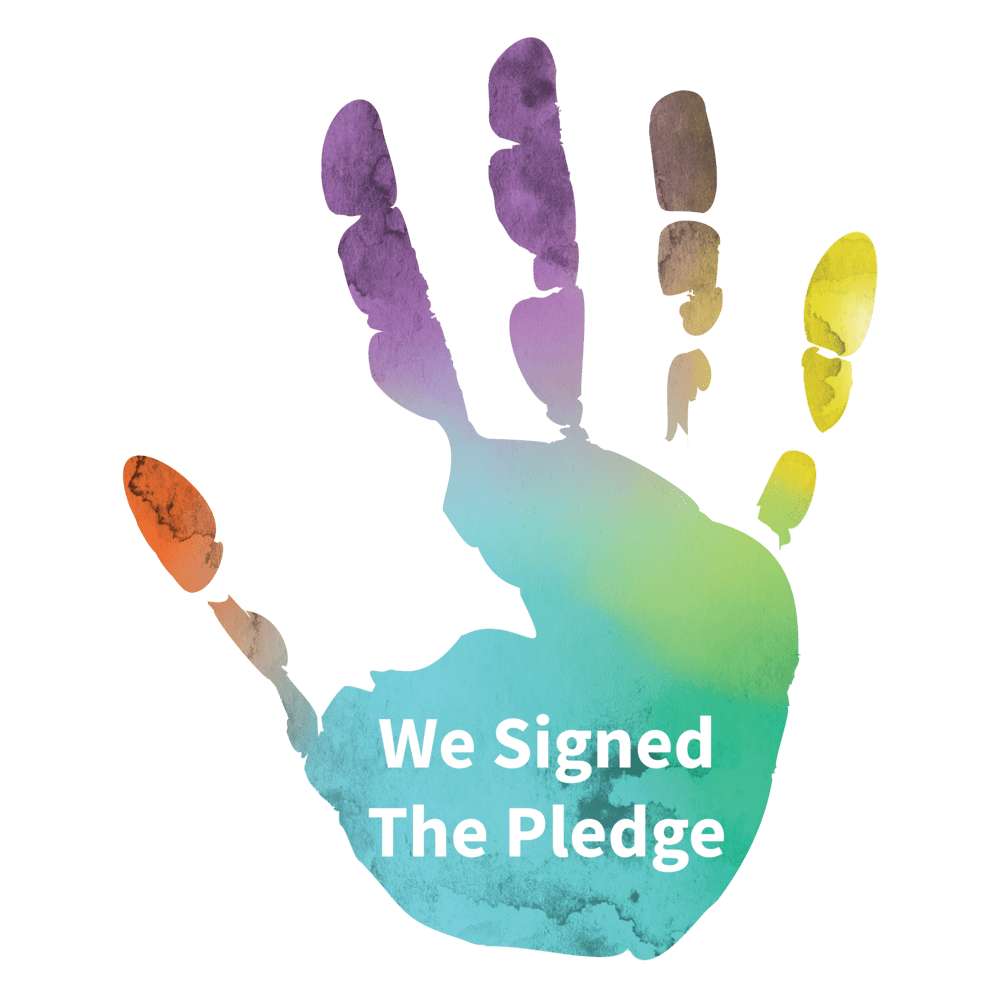Experts from the Blue Zones Project will arrive soon to determine how to improve the well-being of Northwest Arkansas residents as part of a regional health-focused assessment.
The team from Blue Zones plans public meetings on Feb. 12-13 as it starts an assessment for community readiness in Northwest Arkansas.
The primary public event will be the Blue Zones keynote address at 6 p.m. on Tuesday, Feb. 12 at Embassy Suites, 3303 Pinnacle Hills Parkway in Rogers. The special guest speaker is Tony Buettner, senior vice president and national spokesperson for Blue Zones.
Those interested in attending the keynote address or another Blue Zones event on Feb. 13 should RSVP to this link.
“Northwest Arkansas leaders invited us to complete this initial assessment because they believe the region has potential to become a Blue Zones Project community,” said Ben Leedle, the chief executive officer of Blue Zones, LLC and co-founder of Blue Zones Projects. “The site visit provides us an opportunity to hear feedback from stakeholders across the community and gather additional information and statistics about health and well-being in Northwest Arkansas. This initial assessment will help determine what the next steps will be.
“We already know the region has terrific assets such as the Razorback Regional Greenway and the Jones Center, a high interest in healthy eating, and a strong desire by residents to continue making investments into the region’s future.”
The original blue zones areas — discovered by National Geographic fellow and New York Times best-selling author Dan Buettner — are places where residents live significantly longer, healthier, and more active lives. Found worldwide, they include locations in the Nicoya peninsula of Costa Rica; Ikaria, Greece; Sardinia, Italy; Okinawa, Japan and Loma Linda, California.
In more recent years, 48 places in 11 states started journeys to become Blue Zones Project communities, and they have achieved measurable success in improved community well-being and lowered health care costs. One of the first and most talked about is the city of Albert Lea in Minnesota where Blue Zones Project initiatives are credited with a decline in tobacco use, a reduction in health care costs and an improvement in Freeborn County’s ranking in an annual statewide health report.
“It’s an exciting time as we embrace this unique opportunity to transform the way we view health and well-being in our region,” said Nelson Peacock, the Northwest Arkansas Council’s president and CEO. “I have been amazed at the results achieved by the Blue Zones Project in other communities across the country.
“We look forward to learning more about this opportunity for our community and showcasing both our successes and opportunities for these experts.”
After the February assessment, the Blue Zones Project team will produce a report that summarizes the state of well-being as well as discuss opportunities and challenges in Northwest Arkansas. A future step would include making a detailed proposal to leaders about a Blue Zones Project occurring in the region. If pursued, the projects typically last three to five years.
Pictured at the top: A foggy October morning provided the perfect time for runners to be on the five-mile bike-ped trail that loops around Lake Fayetteville.






















